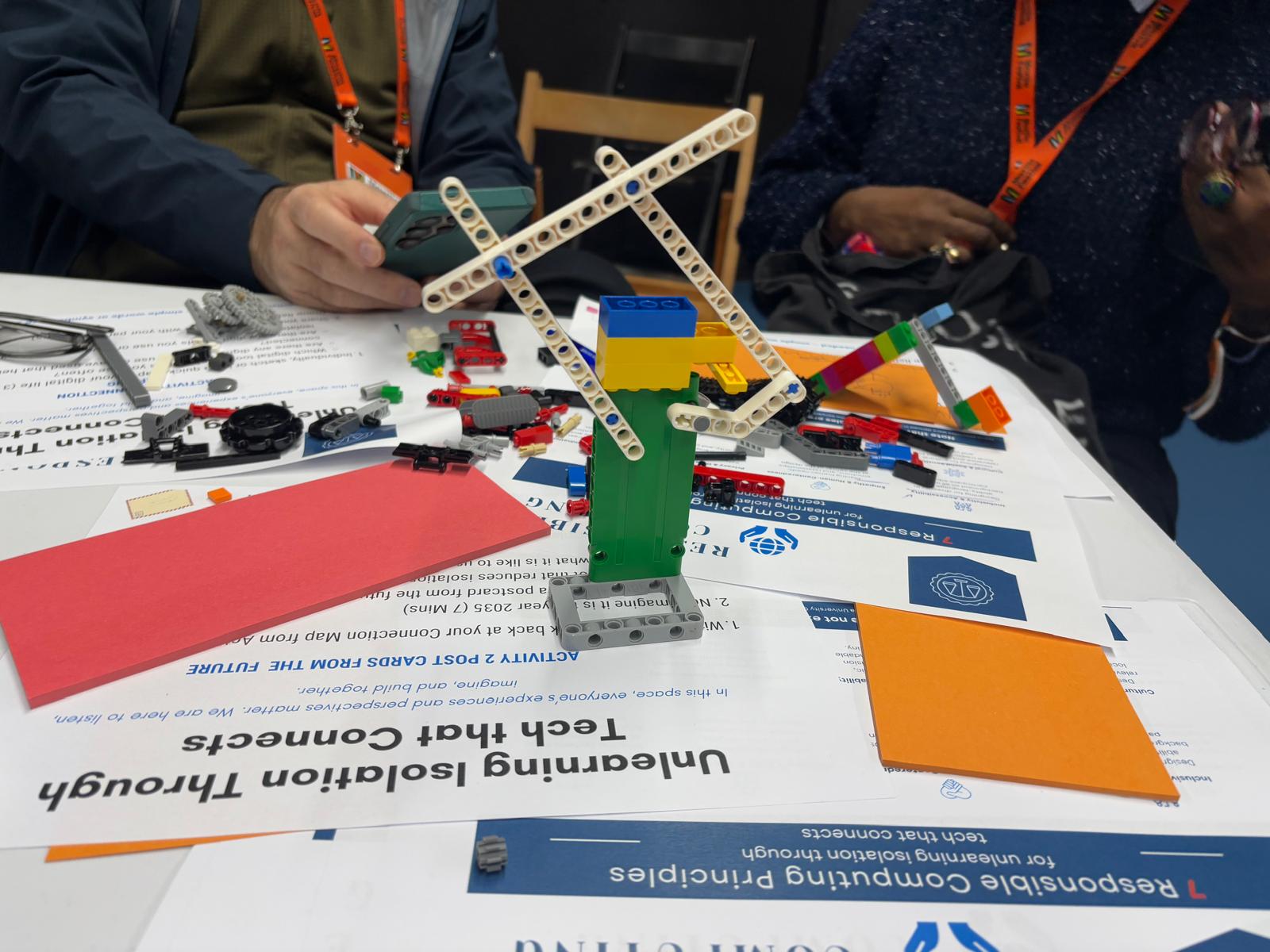
Dr. Eunice Njeri speaks at the Mozilla Festival
Join Dr. Eunice Njeri in this session exploring how responsible computing can be integrated into the design of robot applications.
Learn more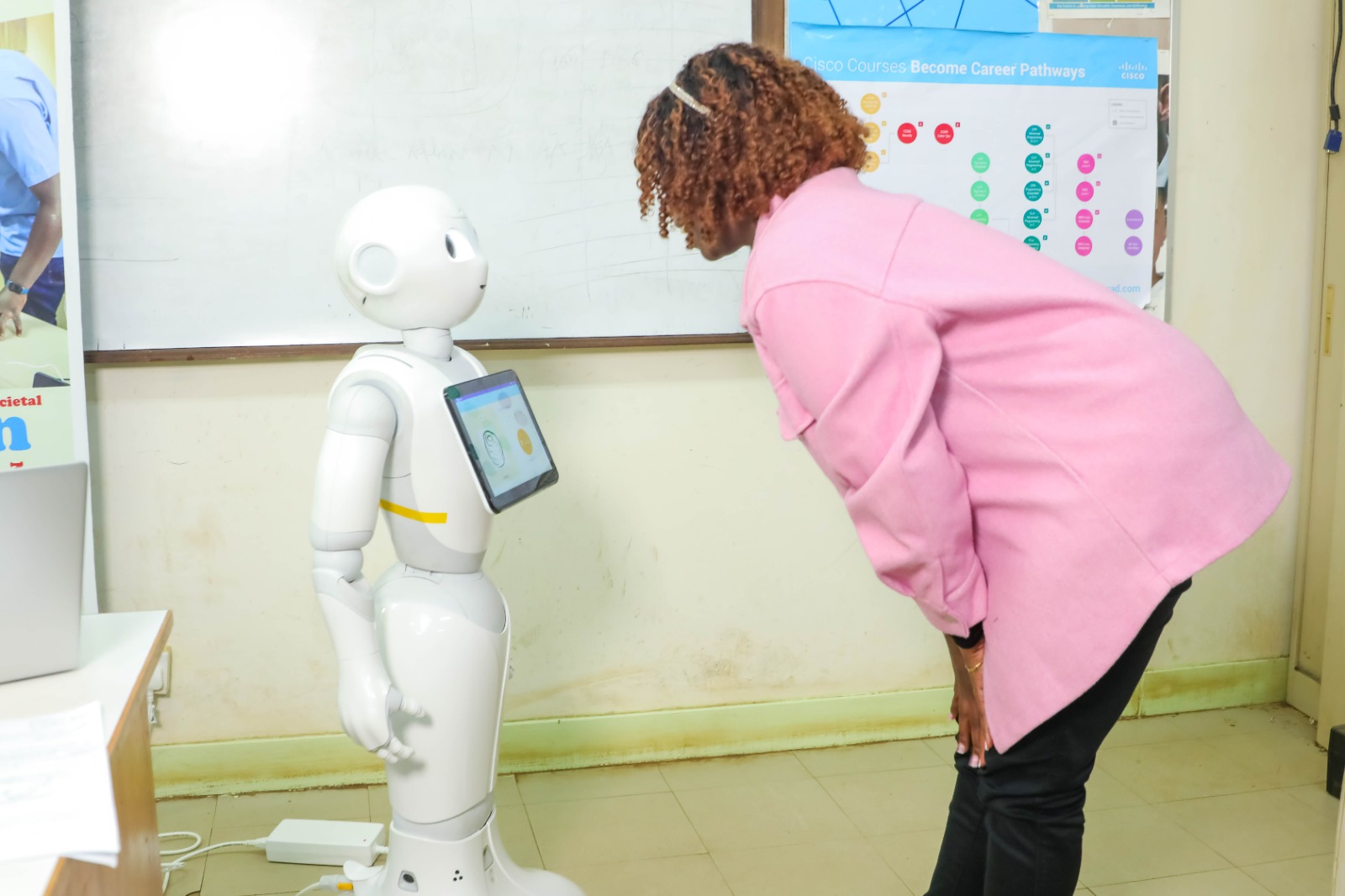
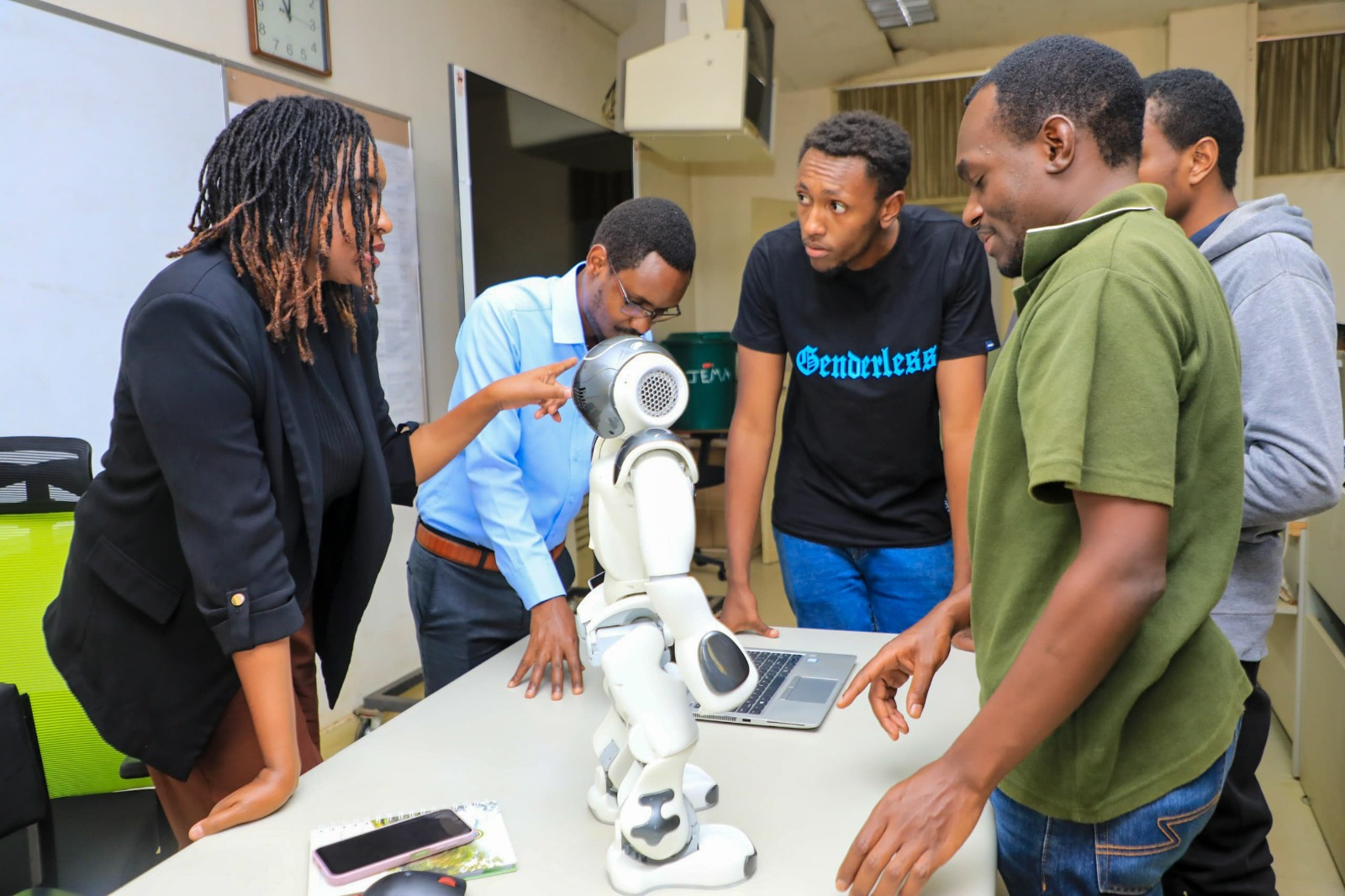
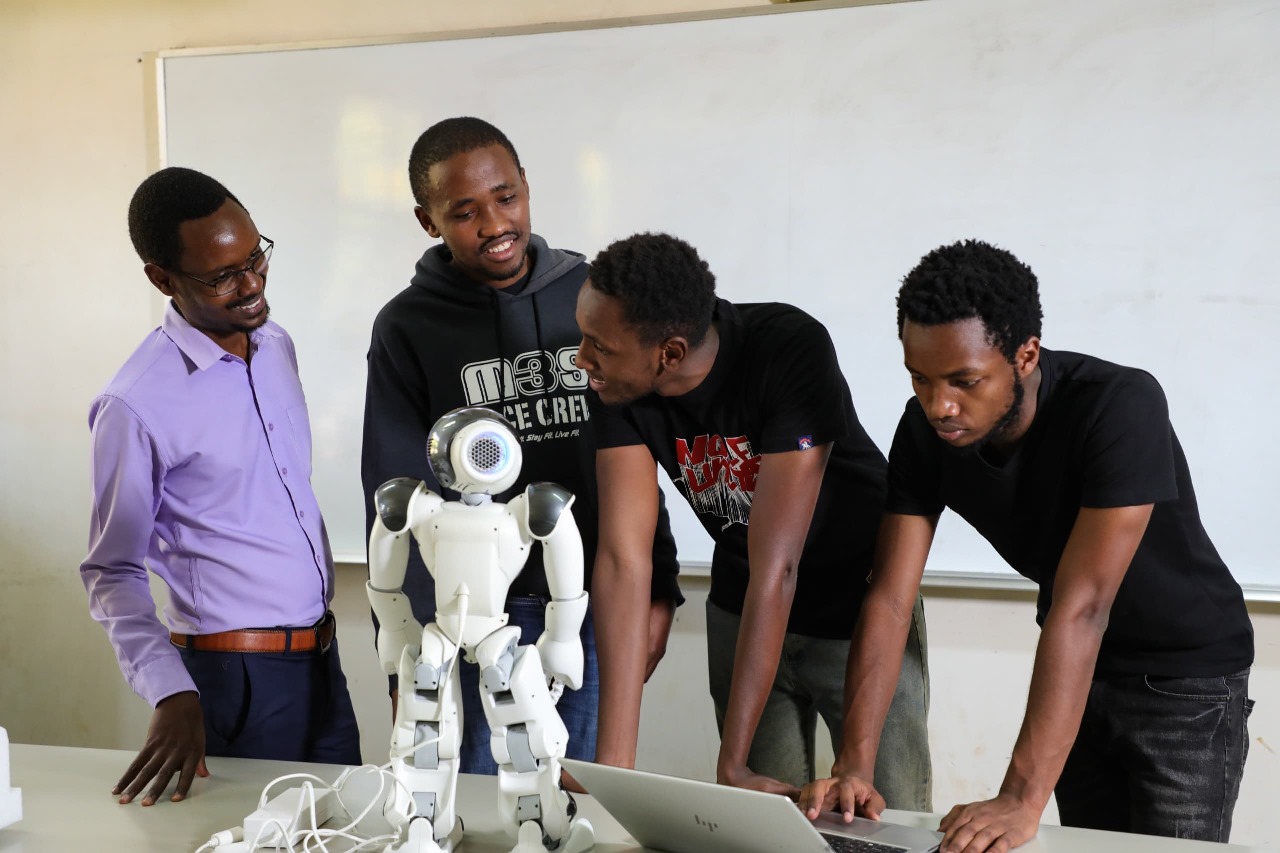
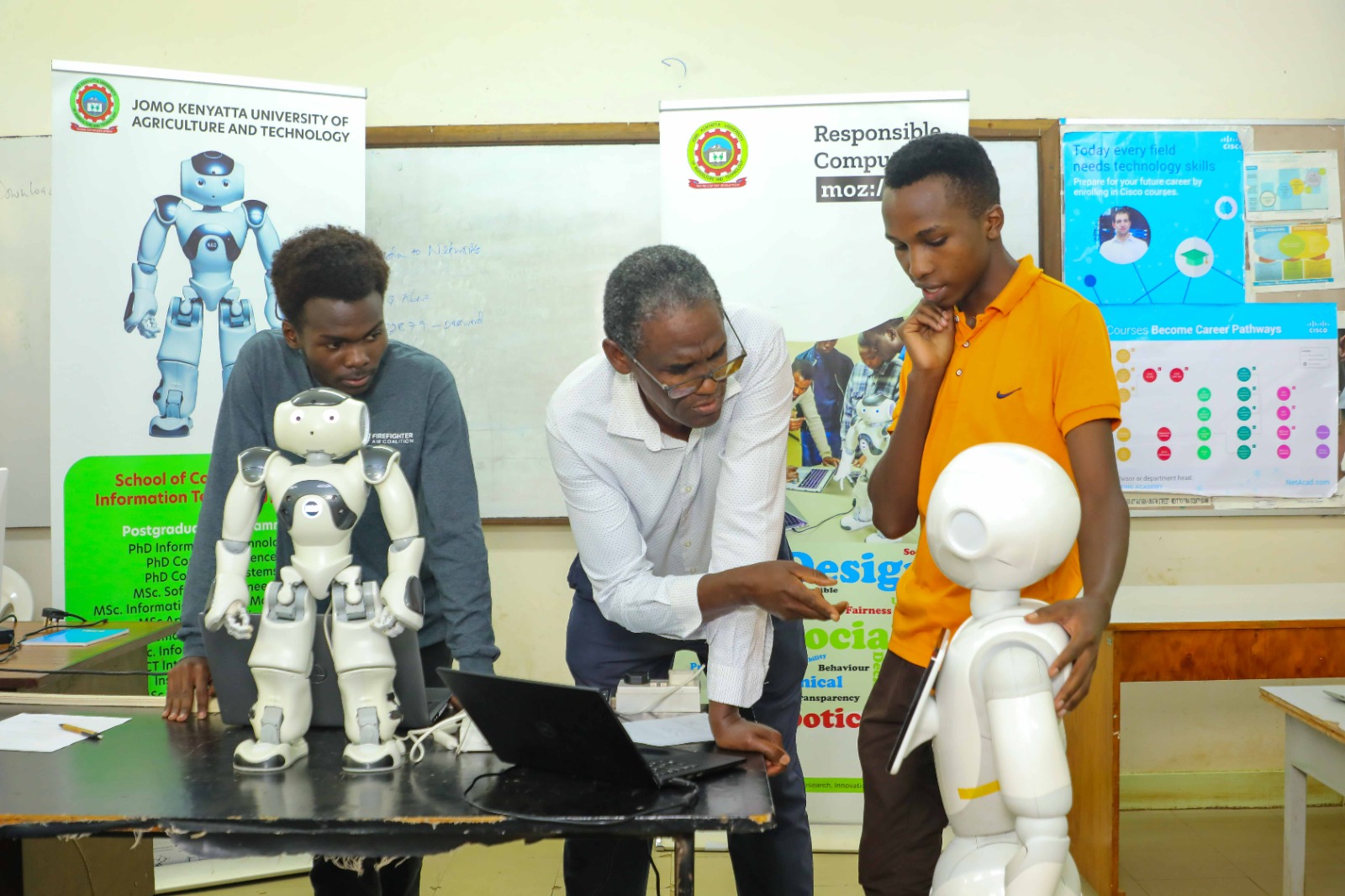
At JKUAT Social Robotics Lab, we aim to design and develop robots that learn to interact socially in human environments. The research work at the lab focuses on the following areas: Education, Social Training, Assistive Robots, and Responsible Computing. We aim to embed human-centered and responsible computing principles — Inclusivity and Accessibility, Ethical Design — to build effective, intuitive and empathetic interactions between people and robotic technologies in human environments.

Join Dr. Eunice Njeri in this session exploring how responsible computing can be integrated into the design of robot applications.
Learn more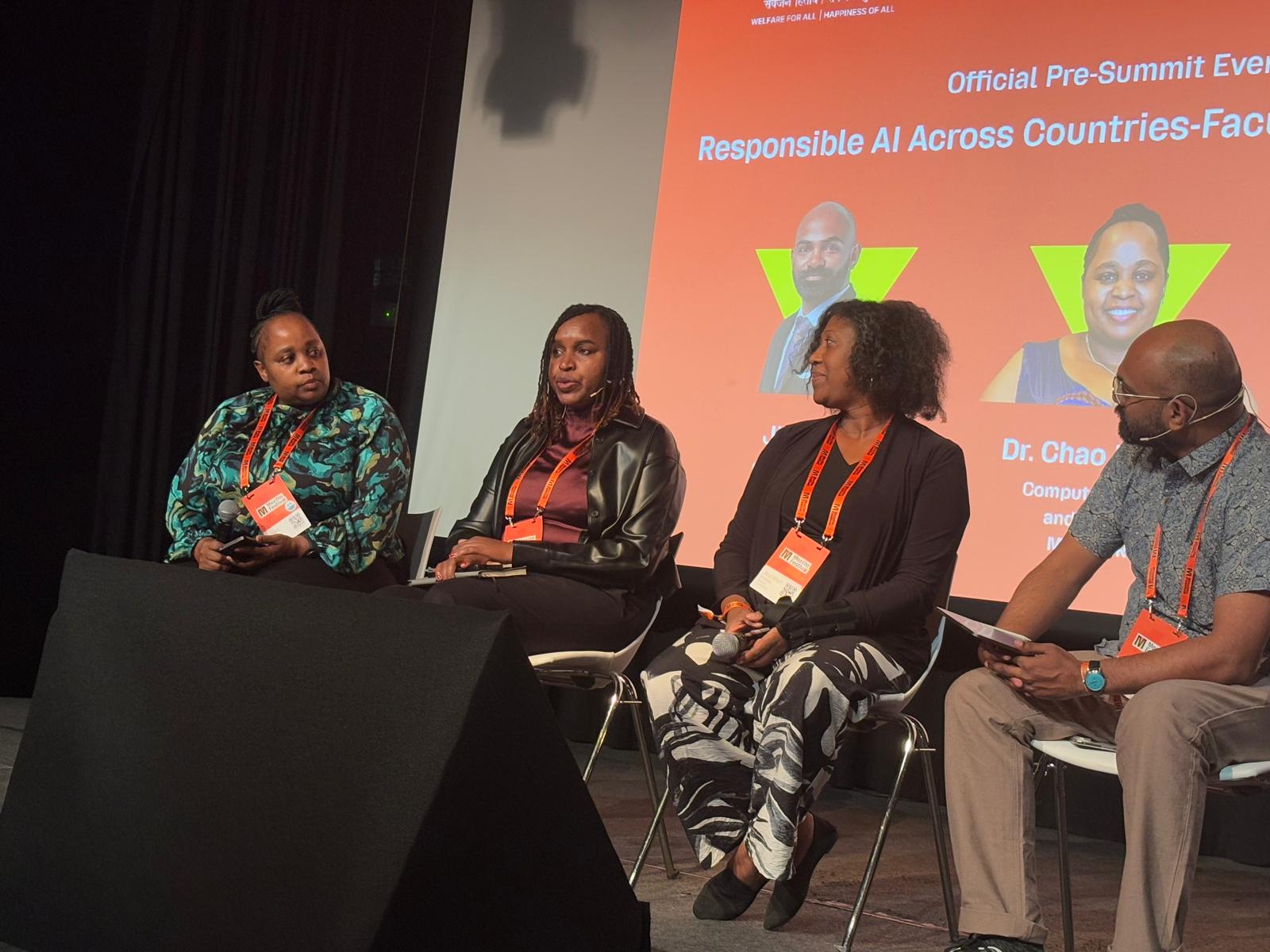
Dr. Eunice Njeri will be joining a panel discussion at the Mozilla Festival 2026 - Official Pre-Summit Event. The event will be held in Barcelona, Spain from 11th to 13th of November 2026. The event is a pre-summit event for the Mozilla Festival 2026, which will be held in Barcelona, Spain from 11th to 13th of November 2026.
Learn moreOur paper titled 'Human Fall Detection Using An Ensemble Deep Learning Integrated With a Social Robot' has been accepted to the IEEE AFRICON 2025 conference!
Read more
JKUAT hosted a workshop on Integrating Responsible Computing in Teaching and Student Projects, attracting more than 60 participants including researchers, students, and staff. The event featured keynote by Dr. Jacki O'Neill (Director of Microsoft Research Africa).
Learn more
Our paper titled, 'Integrating Responsible Computing into the Design of Robot Applications' has been accepted to IEEE RO-MAN 2025
Read more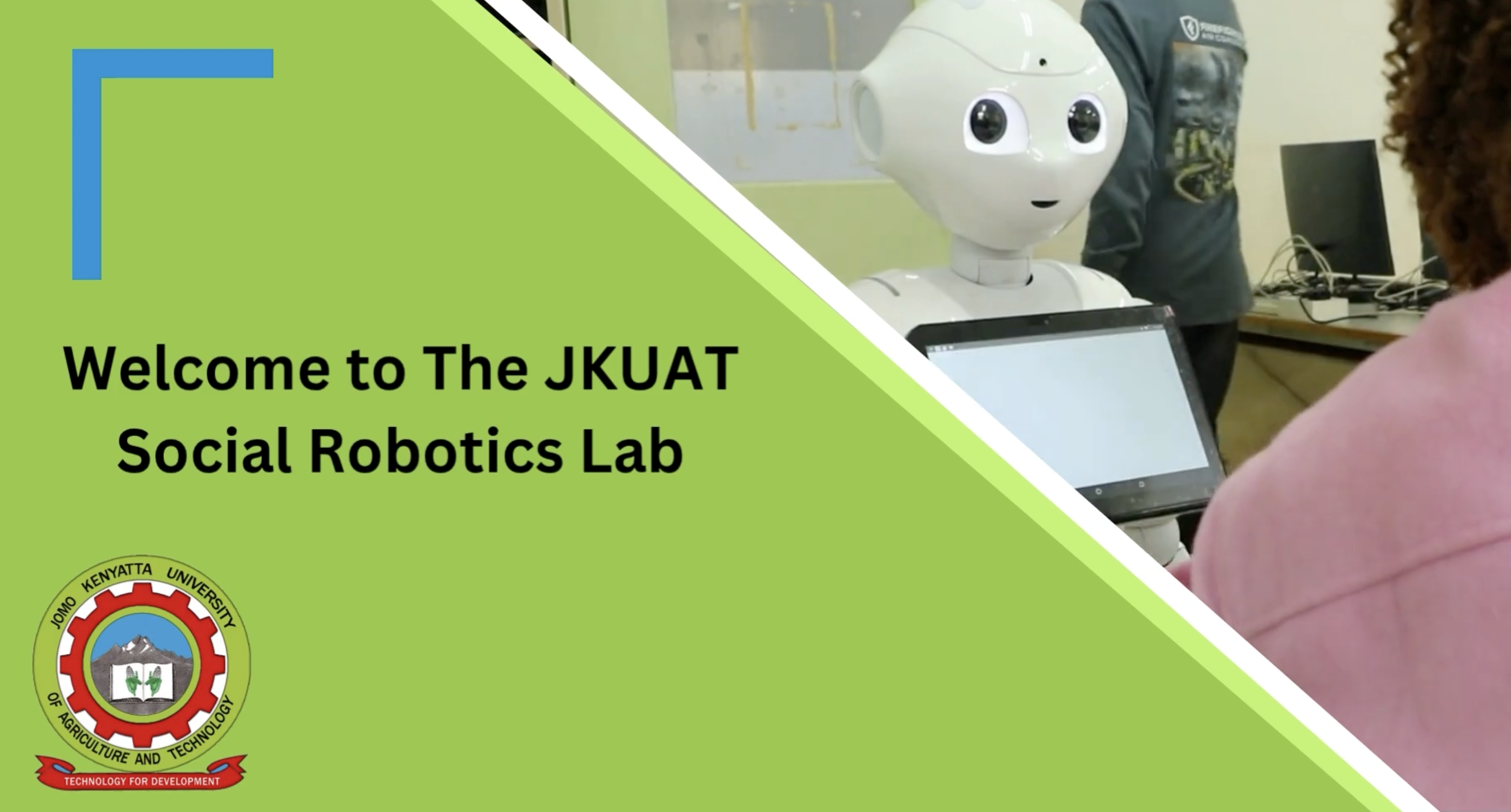
Margaret Gichuhi, a Master's student in Software Engineering, is developing a prototype AI-driven speech therapy solution tailored for children with Autism Spectrum Disorder (ASD). Her research explores how social robots, when integrated with generative AI (GPT, DALL·E, and Whisper), can transform therapeutic approaches by delivering structured and responsive sessions using Pepper, a humanoid robot. Supervised by Dr. Eunice Njeri and Prof. Stephen Kimani.
Watch video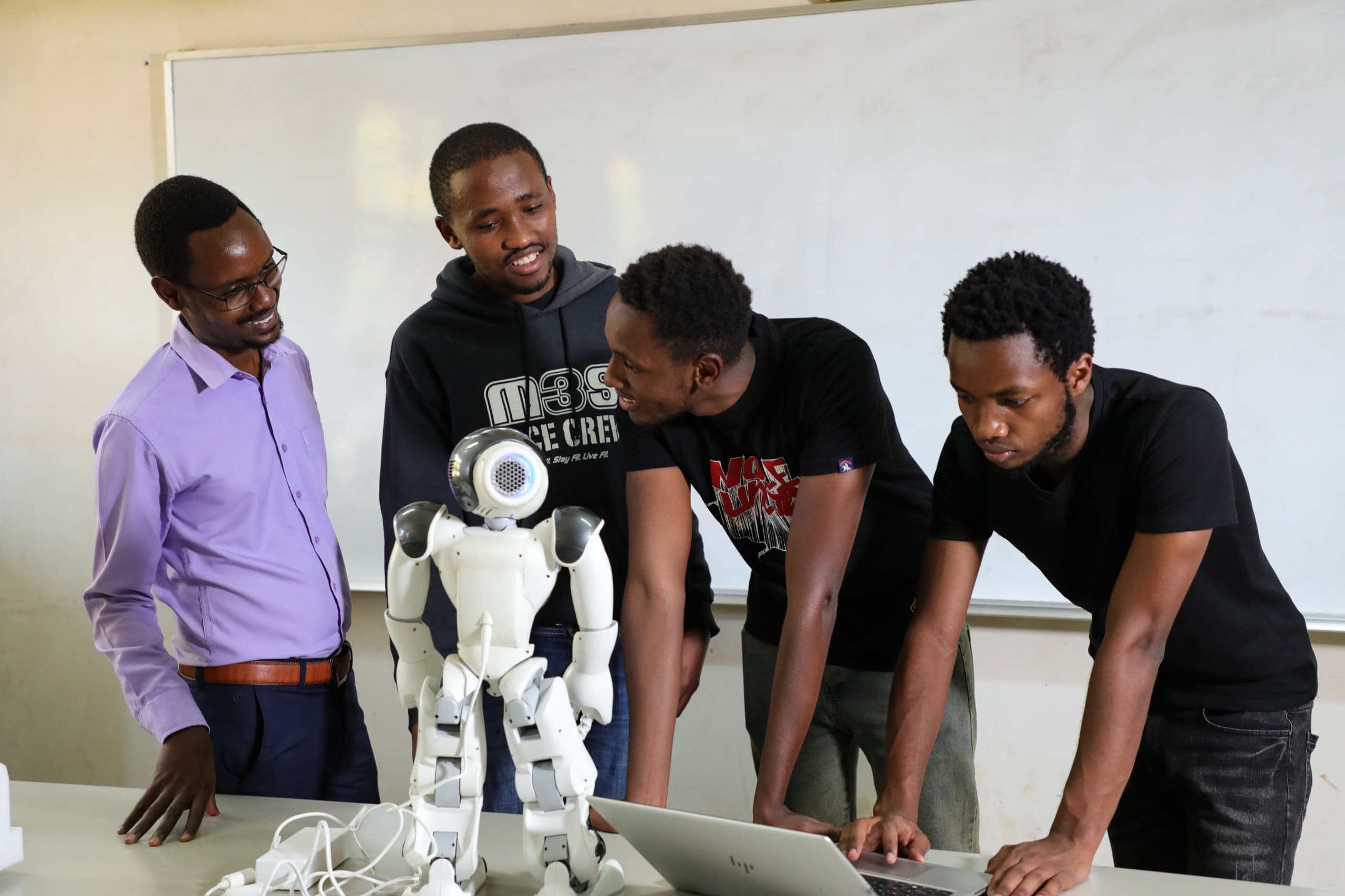
By programming Pepper to interact in predictable, non-judgmental ways, the system provides comfort and structure, qualities that children with ASD respond well to.
Learn more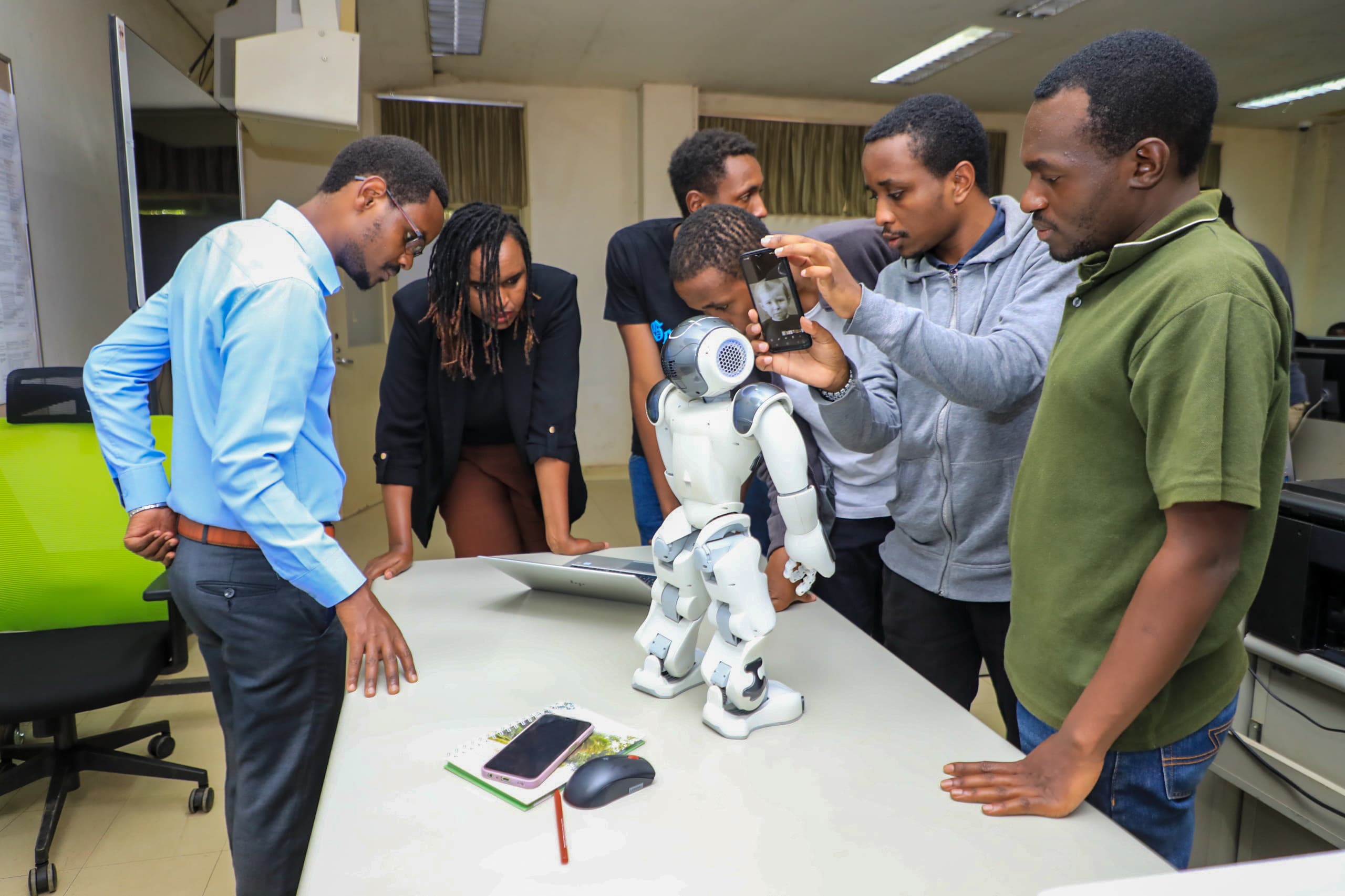
The School of Computing and Information Technology at JKUAT has established the Social Robotics Lab, a pioneering initiative dedicated to advancing robotics research and innovation. Led by Dr. Eunice Njeri, the lab focuses on developing robots capable of engaging in social interactions within human environments.
Learn more
Dr. Eunice was among the participants at the TWAS event, which focused on enhancing the scientific skills of African scientists, establishing networks, and building interdisciplinary collaborations to foster a stronger and more connected scientific community across the continent.
Learn more
Dr. Eunice participated in the inaugural Mozilla Responsible Computing Challenge (RCC) Global Conference held in Kottayam, India supported by the Mozilla Foundation and USAID. The Conference brought together academicians and researchers from Kenya, India, and the United States.
Learn more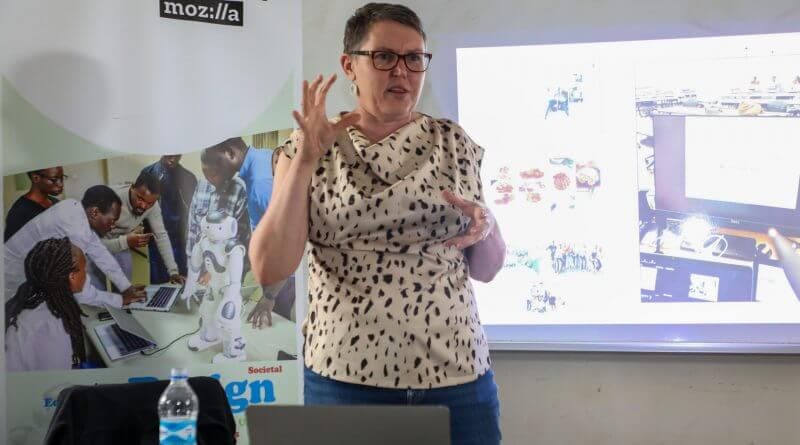
Without integrating African perspectives into technology and design, we severely undercut the potential for solutions that meet cultural norms and empower locally raised innovations to address universal solvable problems.
Learn more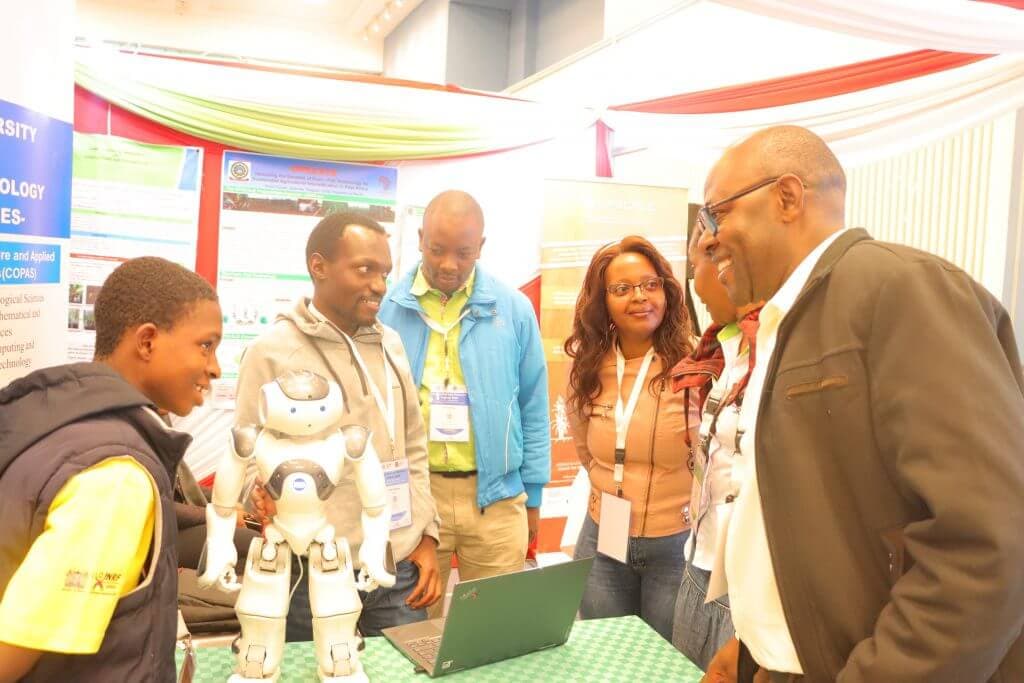
The Lab participated in the National Research Festival, a premier event showcasing groundbreaking research and innovations. This festival was an excellent opportunity for MSc students to present their research, network with peers and industry experts.
Learn more
We are thrilled to announce the arrival of our very first Pepper robot at the JKUAT Social Robotics Lab! Pepper is a state-of-the-art humanoid robot developed by SoftBank Robotics, with advanced sensing capabilities in human-robot interaction. It can recognize faces, interpret emotions, and engage in conversations, making it an ideal platform for exploring the future of social robotics research.
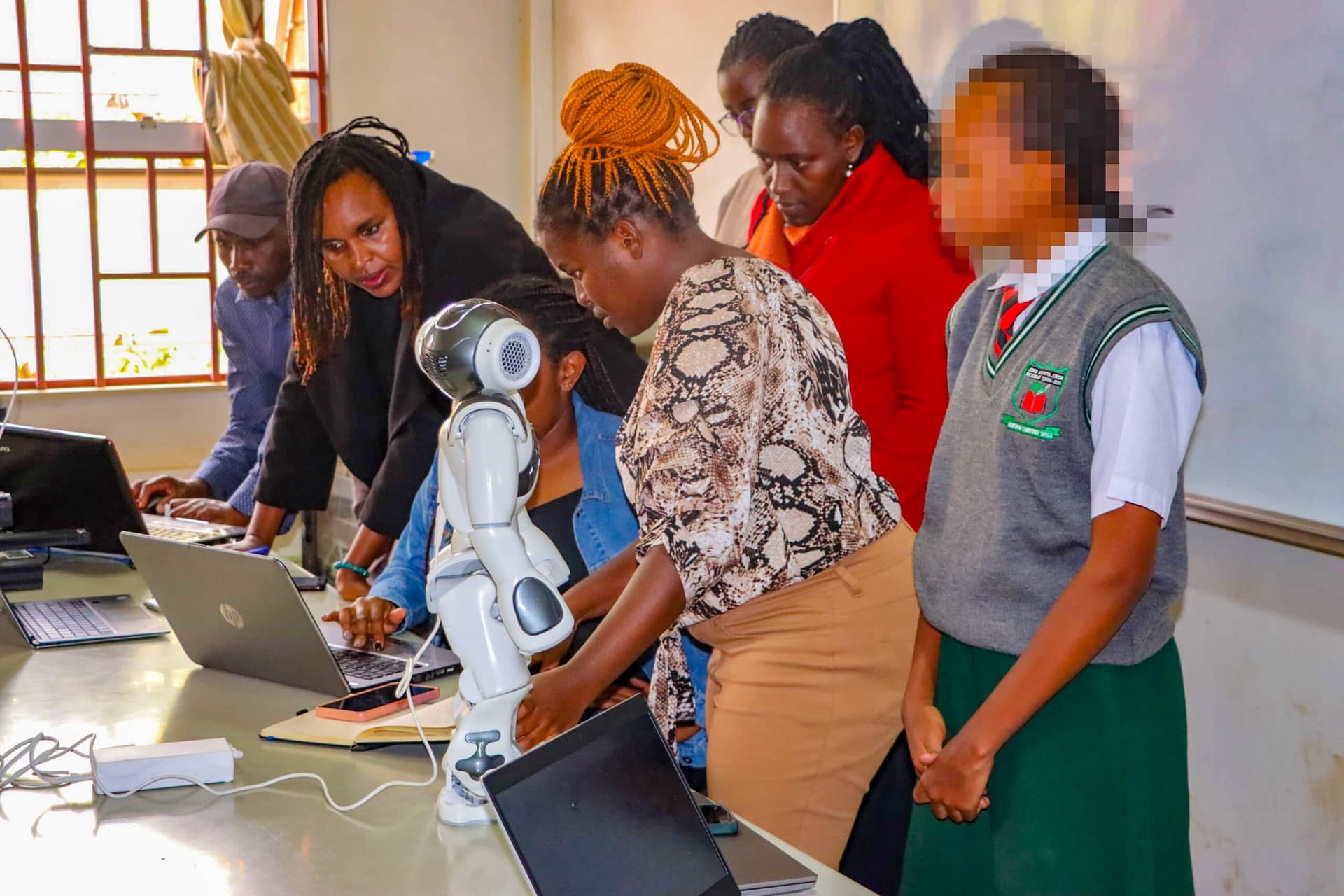
The enduring perception, mostly, stereotypical, that girls are not well adopted to pursue courses and careers in science, technology, engineering and mathematics (STEM) has stopped many girls from enrolling into STEM subjects. To unroll this practice, Jomo Kenyatta University of Agriculture and Technology has launched a strategic initiative designed to empower and woo young women enrolled in the Competency-Based Curriculum (CBC) system, guiding them toward Science, Technology, Engineering, and Mathematics (STEM) careers.
Read more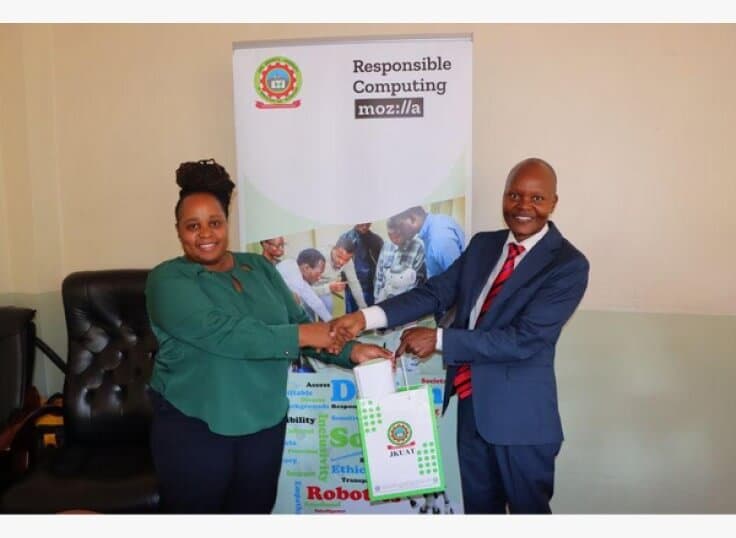
During a visit to the university on Wednesday, February 28, 2024, Dr. Mbogho revealed developments stemming from JKUAT's successful acquisition of two Mozilla grants: Teaching Responsible Computing Using Robotics and Mainstreaming Responsible Computing in ICT Student Innovations.
Learn more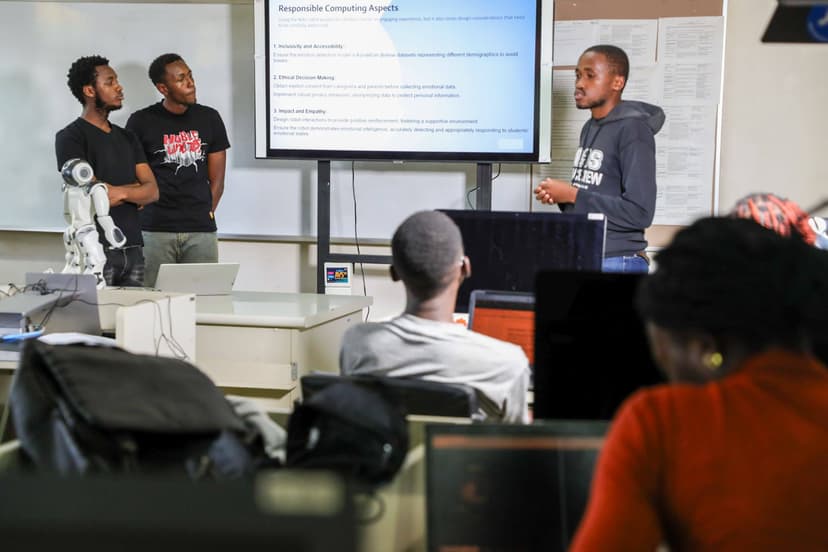
JKUAT is successfully cultivating the core values of RCC by introducing undergraduates to ethical perspectives within BSc Computer Science and BSc Technology courses. Their goal? Equipping the next generation of tech builders with the critical skills to develop more inclusive, healthier, and safer digital tools.
Learn more



